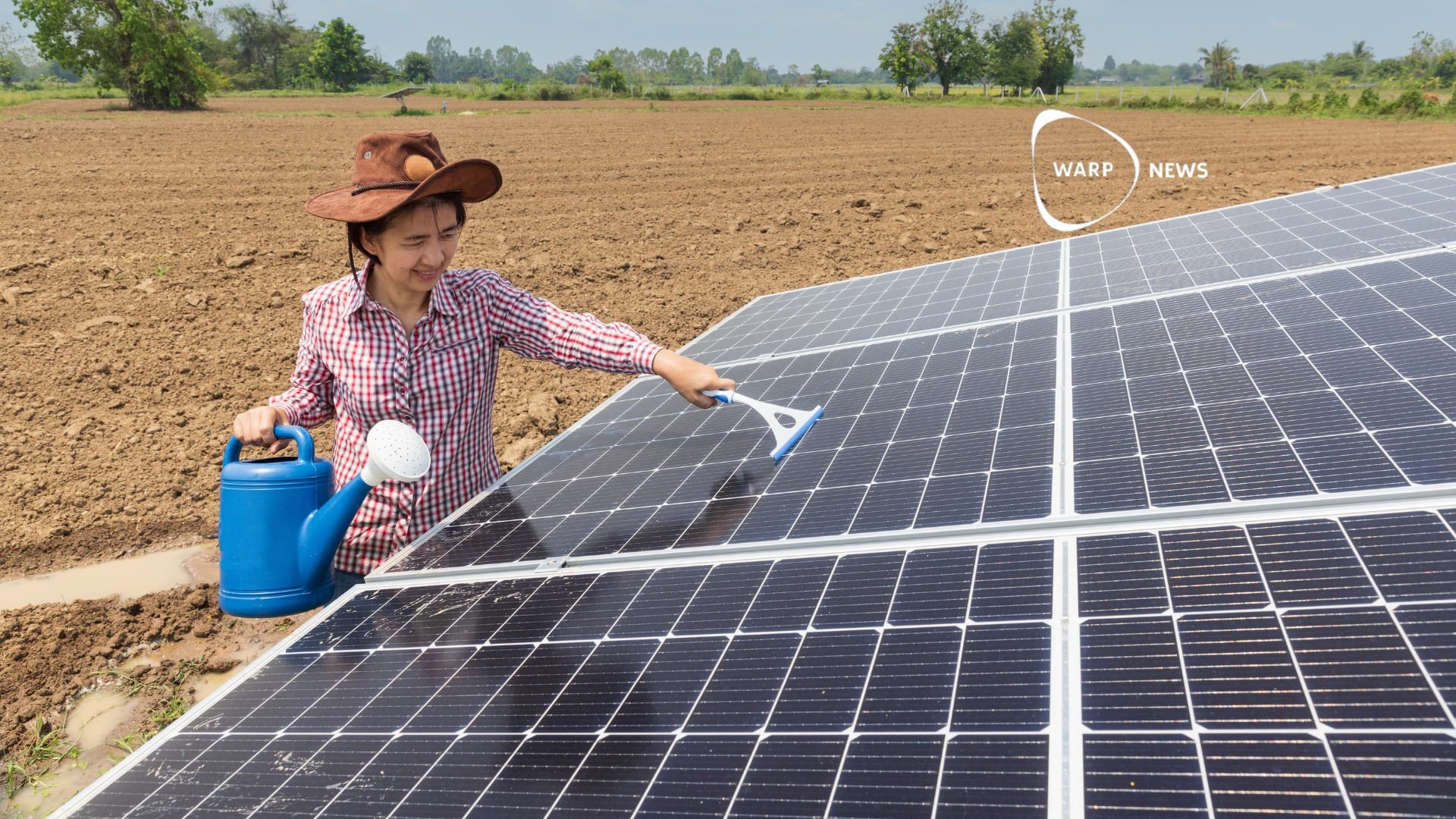
🌳 Cultivated wood can be a sustainable alternative to plastic
Researchers are now trying to use plant cells to grow wood tissue in laboratories, which could give us the opportunity to grow finished tables, chairs and planks directly in the factory.
Share this story!
There are today a large number of companies that use stem cells to grow beef, chicken, shrimp and more and now the time may also be ripe for wood. Researchers from MIT have in fact started working with a method for growing finished wood in a laboratory .
They have already succeeded in growing tree-like tissue by taking cells from zinnias. Now zinnia is a flower, but it still shows that plant cells can be grown without the need for soil or sunlight. In addition, we do not have to wait for decades for the tree to grow. Cultivated wood can be ready for production in weeks or days.
The researchers will now go further and try to produce tree tissue with the same process. To begin with, this could lead to less waste of raw materials in the manufacture of, for example, furniture.
- Trees grow like tall cylindrical poles, but we rarely need high cylindrical poles in production. This means that we saw and plan away a lot of material that took 20 years to produce and which now only becomes a residual product, says Ashley Beckwith, lead author of the study.
Cultivated wood on the other hand can be made to grow in different forms. If you want a table, the wood can be grown in rectangular shapes, as big as the table top and the legs to be produced. In the long run, it would be possible to grow complete tables and chairs with legs and everything in a single sweep.
Now it is not only furniture that can be grown with this method, but it must also work for building materials and everything else that can be made of wood. With a rapid production of tailor-made shapes, wood could then become a sustainable and cost-effective alternative to plastic in many cases.
The work is still in its infancy, but the researchers are working hard to refine the process. Hopefully it will not take so long before we can see the first finished products. According to the researchers, it is easier to grow plant cells than animal cells, so the work of finding a commercially viable process should go faster.
By becoming a premium supporter, you help in the creation and sharing of fact-based optimistic news all over the world.


